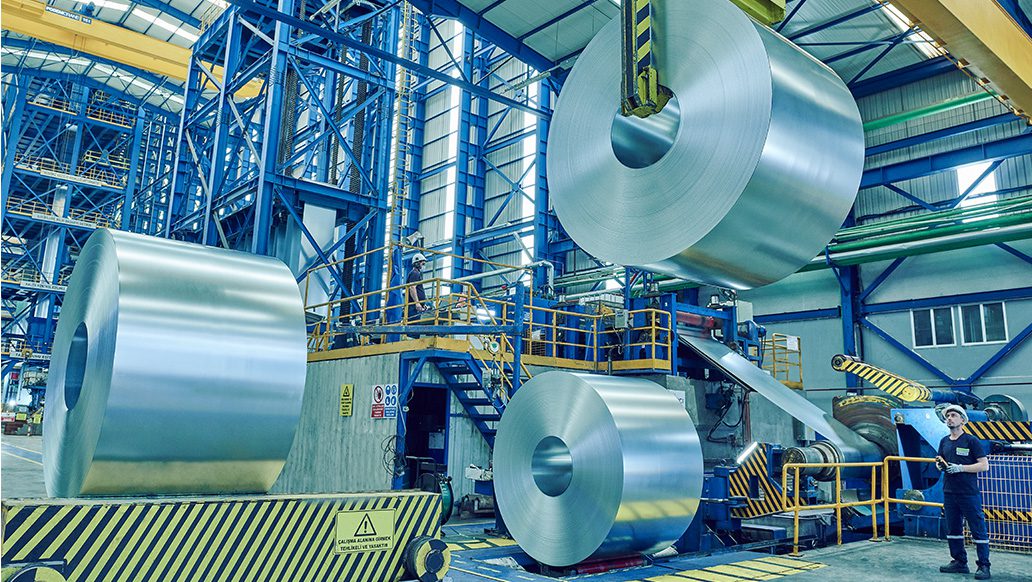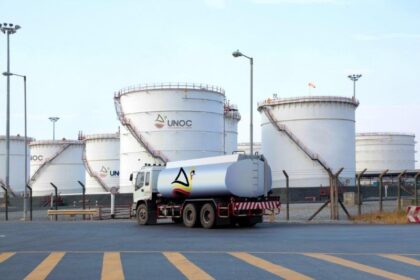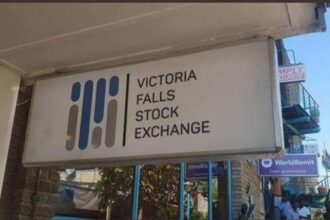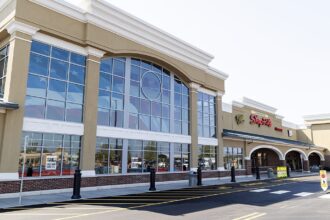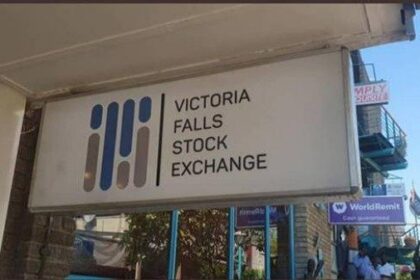At a Glance
- Egypt boosts steel production to cut costly imports and stabilize prices.
- The government offers incentives to attract investors, expand industrial output, and spur exports.
- Cairo eyes regional steel hub role to meet Middle East and Africa demand.
Cairo is doubling down on steel production as part of its plan to reduce costly imports, stabilize prices, and accelerate industrial growth. The government says scaling up domestic output is key to easing shortages and attracting long-term investment.
Deputy Prime Minister for Industrial Development and Minister of Industry and Transport Kamel al-Wazir said recently that Egypt’s steel sector has become a pillar of the economy, supporting construction, housing, and major infrastructure projects.
Speaking at the 30th ministerial group meeting for industrial development on September 16, he highlighted persistent shortages in hot-rolled and cold-rolled steel, galvanized sheets, colored sheets, and billet.

Cairo pushes steel expansion to ease market strains
Steel is viewed as a strategic industry for Egypt’s economy, with demand driven by rapid urban development and infrastructure upgrades.
Officials say increasing local supply is critical not only to meet surging domestic demand but also to curb dependence on imports that weigh heavily on the trade balance. By cutting import reliance, Cairo also hopes to ease foreign currency pressures.
New incentives to strengthen industrial growth
To attract fresh capital, the government has identified 28 priority industries—including steel, cement, and building materials—as targets for investment.
Temporary incentives are under review to encourage investors and deepen local production capacity. These industries were chosen based on strong domestic demand, raw material availability, and potential to improve Egypt’s export competitiveness.
The ministerial group also approved measures to improve oversight in industrial operations. Factories caught engaging in electricity theft will be blacklisted in coordination with the Interior Ministry, part of a broader push to enforce transparency and efficiency across the sector.
Steel seen driving exports and regional supply
Alongside stricter oversight, new guidelines have been adopted to improve energy efficiency in manufacturing, reducing costs and supporting sustainable growth.
Officials say boosting steel output will not only serve Egypt’s housing and infrastructure needs but also help the country position itself as a regional steel supplier to the Middle East and Africa.
With rising demand for steel across the region, Cairo is betting on higher output to stabilize prices, attract foreign investment, and strengthen its long-term industrial base.
The expansion, policymakers argue, is not just about filling domestic supply gaps—it is about turning Egypt into a competitive hub for steel production in emerging markets.

